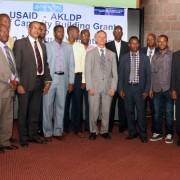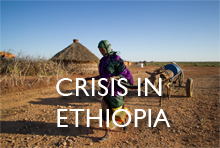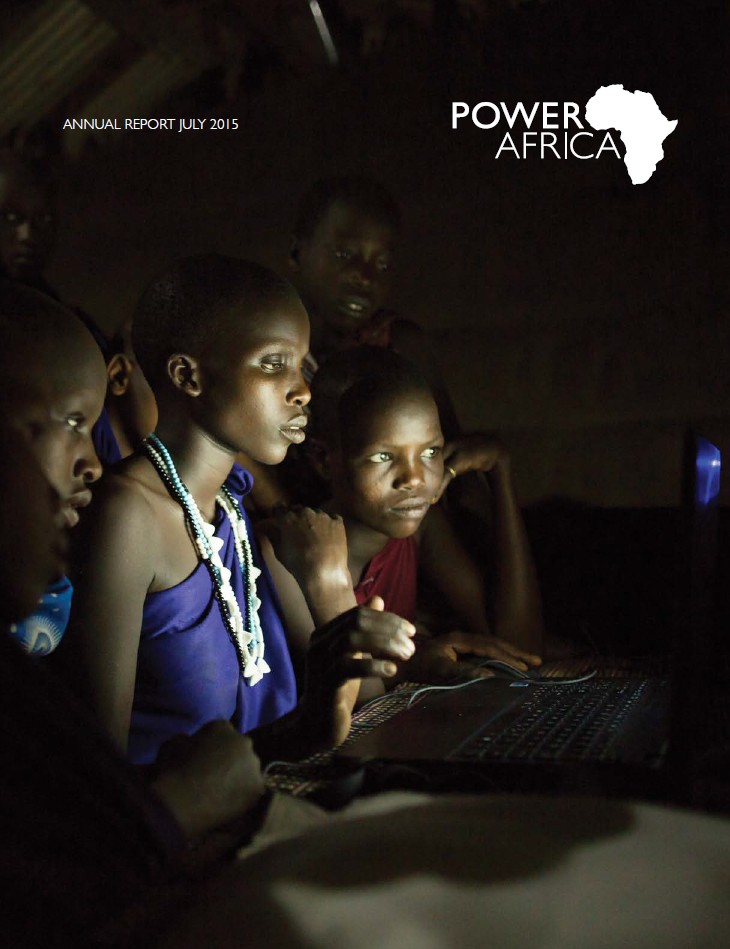The United Nations, the World Bank Group and the Governments of Canada, Norway and the United States joined country and global health leaders today to launch the Global Financing Facility (GFF) in support of Every Woman Every Child, and announced that $12 billion in domestic and international, private and public funding has already been aligned to country-led five-year investment plans for women’s, children’s and adolescents’ health in the four GFF front-runner countries of the Democratic Republic of the Congo, Ethiopia, Kenya and Tanzania.
The U.S. Government, through the United States Agency for International Development (USAID), held a graduation ceremony today for 63 women who received technical and business skills development training. The training provided them with the skillsets needed to become successful owners and operators of dairy, meat and live animal businesses.

The United States Agency for International Development (USAID) awarded eight research awards this week to universities and research institutions through its Agriculture Knowledge, Learning, Documentation and Policy project. These grant awards will support agriculture research in farming, livestock production, social protection, dietary diversity and pastoral development that will assist in developing future agriculture projects. Better designed projects will increase agriculture sector productivity and growth, improve poverty reduction and improve nutrition for women and children.
The Ministry of Agriculture, with support from the United States Agency for International Development (USAID), the Oromia Bureau of Agriculture, and the Agricultural Transformation Agency, today joined the Gibe Dedesa Farmers’ Cooperative Union to inaugurate a warehouse and one of the first fertilizer blending facilities in Ethiopia. Together, the warehouse and blending facility will help the cooperative to meet farmer demand for better fertilizer that will improve soil conditions and transform crop production in Ethiopia.

Over 11,000 visitors to last week’s Specialty Coffee Association of America (SCAA) annual event could barely sleep after all the Ethiopian coffee consumed. The Ethiopian delegation—ranging from public officials to coffee farmer cooperative union leaders—ran out of coffee samples before the four-day event ended. However, thanks to the country’s deep ties to Seattle’s specialty coffee scene, the Ethiopian coffee family kept the jebena (Ethiopian coffee pot) full and the coffee brewing.











Comment
Make a general inquiry or suggest an improvement.